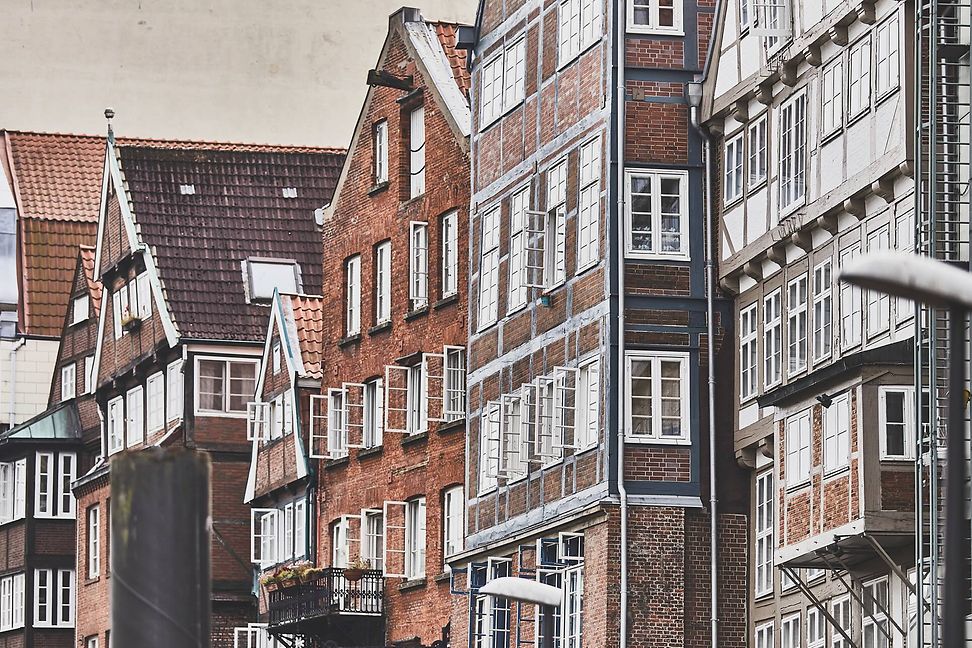在此处更改您的语言和 LGT 位置。
私人客戶的數碼平台
登錄 LGT SmartBanking
金融中介機構的數碼平台
登錄 LGT SmartBanking Pro
解答常見問題 (FAQ)
LGT SmartBanking 幫助
解答常見問題 (FAQ)
LGT SmartBanking Pro 幫助
Hamburg has a reputation for being a cold, arrogant and unfriendly city. But is that really the case? Jörg Finck works at LGT in Hamburg and shares his insights into what the city is really like.
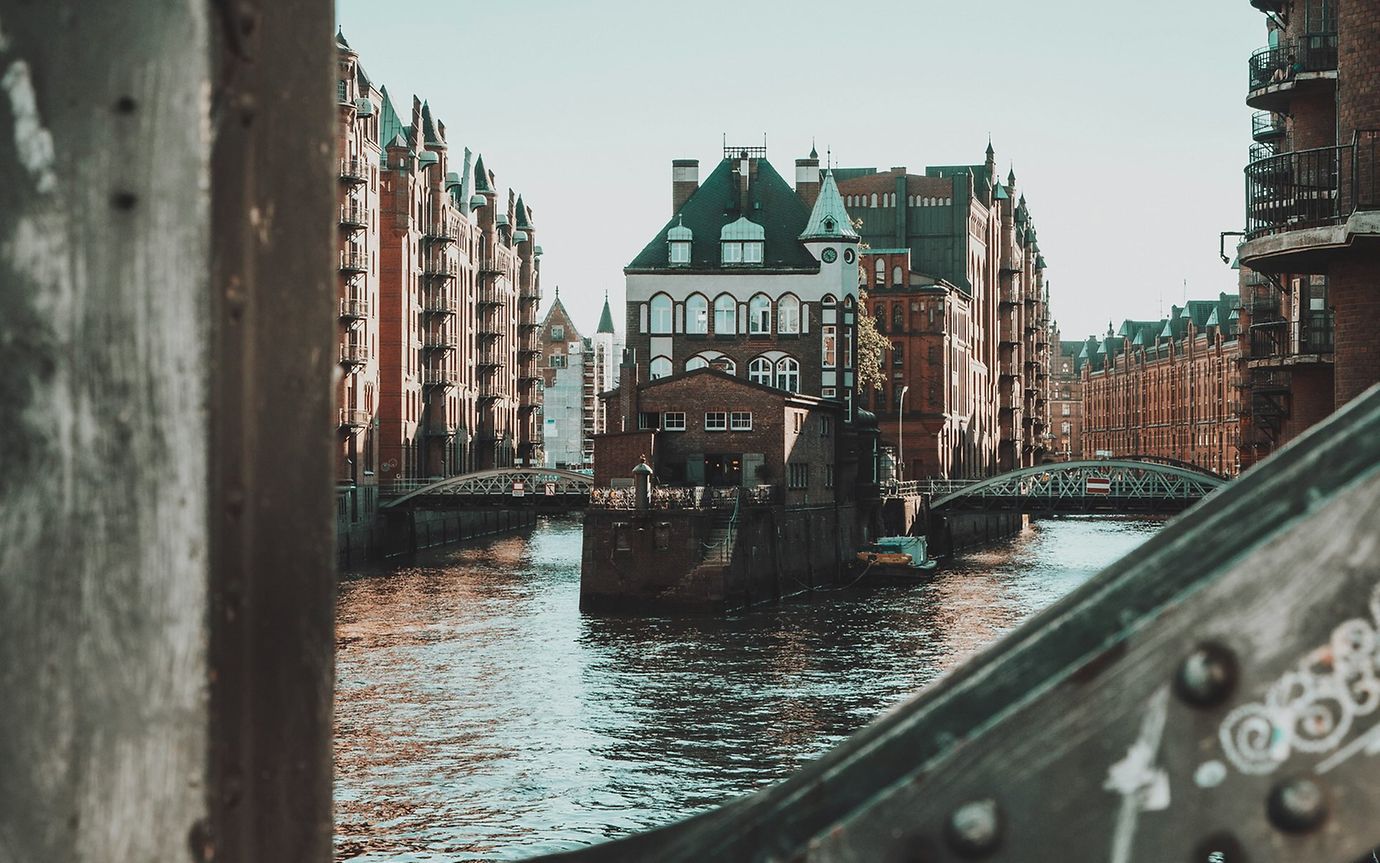
“Hamburg is red brick houses reflected in the waters of its canals. It’s a shipyard worker standing next to a multimillionaire at a snack bar, munching on a currywurst (curry sausage). Hamburg is the Willkomm Höft, a facility on the Elbe that greets each incoming freighter. Hamburg speaks Low German, High German and a mix of the two called Missingisch. And of course English, Turkish, Polish and Pashto. Hamburg is a city of bridges – more than 2500 of them. And when you’ve had enough of the rough and tumble of the harbour and walk to the Blankenese villa district, stroll through the English parks and past the little cottage gardens, up the steps and alleyways, then down to the Elbe beach and into the Italian bar, it’s hard not to ask yourself: ‘Is there a city more beautiful than Hamburg?’ The answer is no.

I’ve lived here for 25 years now, which means I’m not a total Quiddje. That’s what the locals call people who have moved to Hamburg from elsewhere. Sailors use the term when referring to landlubbers. So it’s not surprising that Hamburgers have a reputation for preferring to keep to themselves. And yes, there are still a few locals whose first question when they meet someone new is whether their family is from Hamburg (I tell them no, but that my family is from Kiel, that way I get a few points for my dialect). Or whether they’re at least married to someone from Hamburg (I’m always relieved to tell them that yes, I am). You’re not considered a true Hamburger unless your family has been here for at least three generations.

In my experience, however, this idea that the people of Hamburg reject anyone who is not from the city is nothing more than an old cliché – and doesn’t apply anymore. After all, Hamburg is a harbour city. It used to be full of merchant families and sailors, now it’s full of expats. It’s difficult to be closed-minded with those demographics.
And it’s not surprising that Hamburg attracts so many people. The local economy is strong and the city is one of Germany’s largest centres for industry, aviation, culture, music and media. So it attracts people from all over the world.
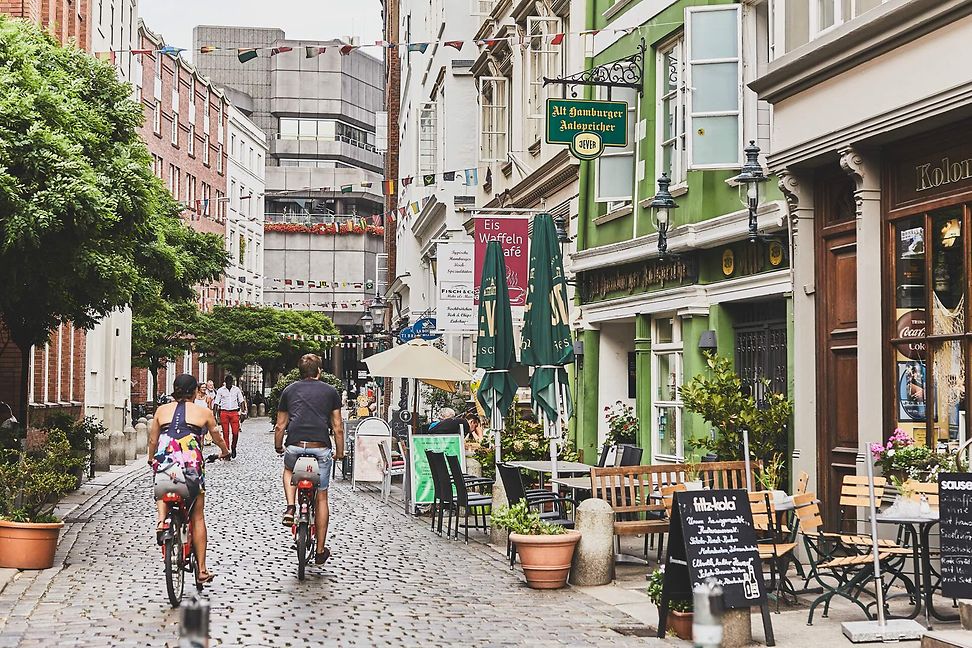
And while they may not always have been open to people from elsewhere, Hamburgers have long had a strong affinity for the English. "When it rains in London, they open their umbrellas in Hamburg" is something I hear time and time again. Our connection with London is architectural – the brick houses, the pubs, the large merchants’ mansions with English gardens; and sports-related – all of Hamburg’s favourite sports were imported from England: rowing, sailing, hockey. And let’s not forget the musical link: the Beatles’ first performance on foreign soil was in Hamburg’s red-light district in St Pauli, near the Reeperbahn. And last but not least, neither the people of Hamburg nor the English are fond of any kind of exaggeration. The highest praise you will hear uttered by someone from Hamburg is "not bad". And while this may come across as standoffish, it’s not. We're not unfriendly, just direct.
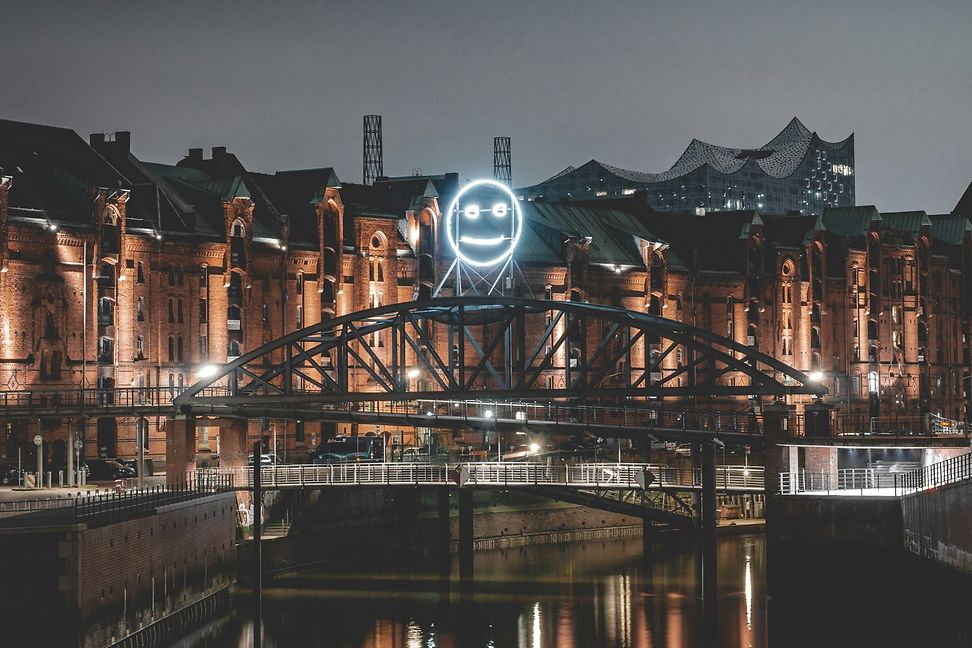
Have you noticed that Hamburg has no grand boulevards, no time-honoured opera house, no palace and no castles? That’s because Hamburg is a Hanseatic city (the HH on our licence plates stands for Hanseatic city of Hamburg). As such, we never had queens or dukes. We are a city of merchant families, seafarers and traders. I think that’s one of the reasons that Hamburg has the highest density of foundations in Germany. The city’s inhabitants have never been able to turn to a regent to fix things. They’ve always had to do their part. And so they feel they have a responsibility towards the city. Getting involved in philanthropy, giving something back to the community and taking care of the city is the norm for Hamburg residents who can afford it.
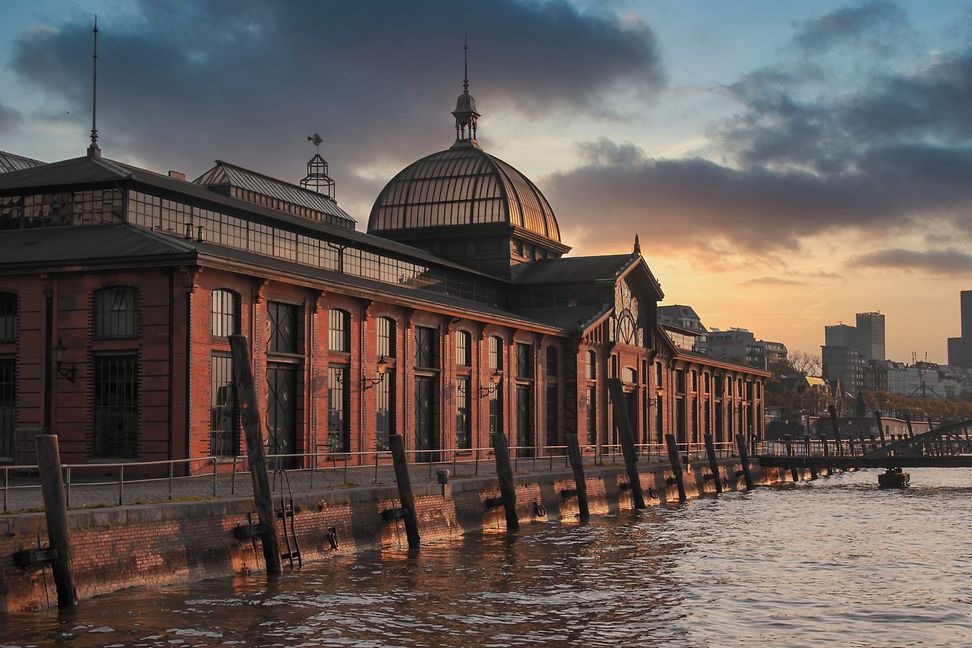
This sense of personal responsibility, self-reliance and modesty is epitomised by one person in particular: Helmut Schmidt, Germany’s Chancellor from 1974 to 1982. Schmidt was born in Hamburg and died in Hamburg. During Hamburg’s terrible storm surge in 1962, which killed more than 300 people, he was a city senator who suddenly also became a crisis manager. He organised a large-scale deployment of the police, rescue services and disaster relief services, and even called in the German army and the Allies. His leadership saved many lives. But when asked about his heroic actions, he replied: ‘Nonsense. You would have done the same thing.’ Some people thought he was arrogant, but really, he was just being cool, calm and pragmatic.
Like our city.”
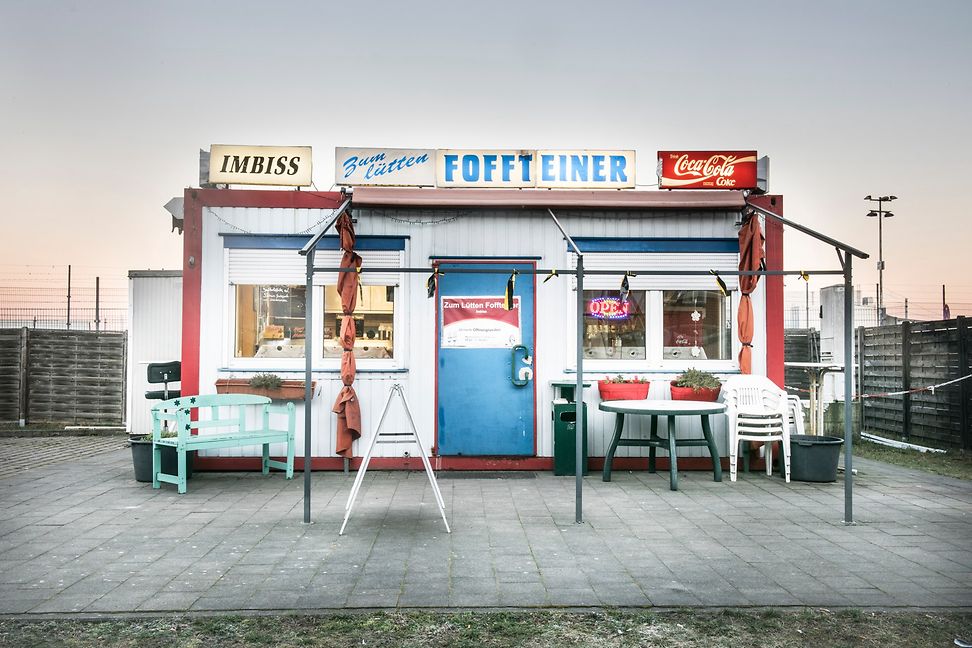
… sing: Livin’ in Hamburg by the group Hamburger Arroganz (Hamburger Arrogance). A very self-deprecating song in German about the people of Hamburg.
… eat: Labskaus – very few tourists are courageous enough to try this dish. It’s made of mashed potatoes and salted meat, and used to be a staple for toothless sailors. For a sweeter alternative, try Franzbrötchen, a kind of croissant made with cinnamon, accompanied by a coffee.
… drink: Astra beer or Helbing, a caraway schnapps served after a meal.
… say: "Wat mutt, dat mutt". This popular saying in Low German roughly translates into “What must be, must be”. The saying reflects the pragmatic nature of Hamburgers; they don’t like to complain, and instead just get on with life. We often end our meetings with those words.
… familiarise yourself with: Helmut Schmidt and Udo Lindenberg.
